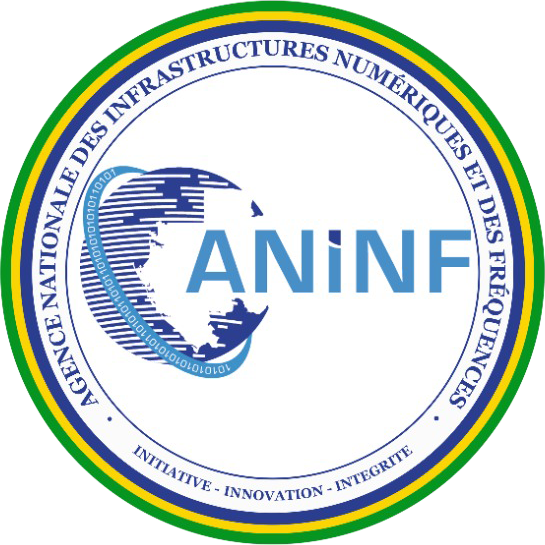Gabon was represented at the Digital Skills Forum in Manama, Bahrain, from 17th to 19th of September, led by the Minister for the Digital Economy and New Information Technologies, General Rodrigue Bonjean MBANDZA, accompanied by his staff, including Mr Alberto Wenceslas MOUNGUENGUI MOUDOKI, ANINF’s General Manager. The Forum focused on the challenges and opportunities of global digital transformation.
Speaking on the first day, Gabon’s Minister for the Digital Economy highlighted national initiatives to modernise infrastructures and develop local talent, thereby helping to bridge the digital divide. He also outlined the government’s strategy for improving digital skills, with a particular focus on training and inclusion.
On the second day, Mr Alberto Wenceslas MOUNGUENGUI MOUDOKI, The General Maganer of ANINF (a public institution at the heart of digital transformation in Gabon), took part in a panel discussion on the impact of digital transformation on employment. He highlighted the challenges and opportunities for Gabon, particularly in terms of developing digital skills among young people, women and ageing workers. His presentation focused on three main themes: recognising the value of your skills, continuously developing them, and understanding your ever-changing professional environment.
These presentations were followed by recommendations for bridging the digital divide. In terms of education, there was a need to upgrade general skills to digital skills, which panellists said were the foundation of a bright future. To achieve this, the education system needs to evolve by developing targeted training to enable the transition to the green economy, which is expected to create more than 30 million jobs by 2030. They pointed out that by 2030, more than 90% of jobs will require digital skills. And 65% of young people are working in jobs that do not exist yet.
Governments must therefore develop essential digital transformation strategies inclusive to all communities, in order to bridge the digital divide. After all, digital skills can be a solution to social inequalities and help achieve the Sustainable Development Goals (SDGs).
Artificial Intelligence (AI) is set to play a major role in the transformation of all sectors through automation.
Cybersecurity was not left out. Solutions were proposed to combat growing cyberthreats, such as identity theft and cyberbullying, not to mention misinformation and online violence.
The Forum highlighted a key ITU, UNDP and EU project to build decision-makers capacities to drive inclusive digital transformation.
